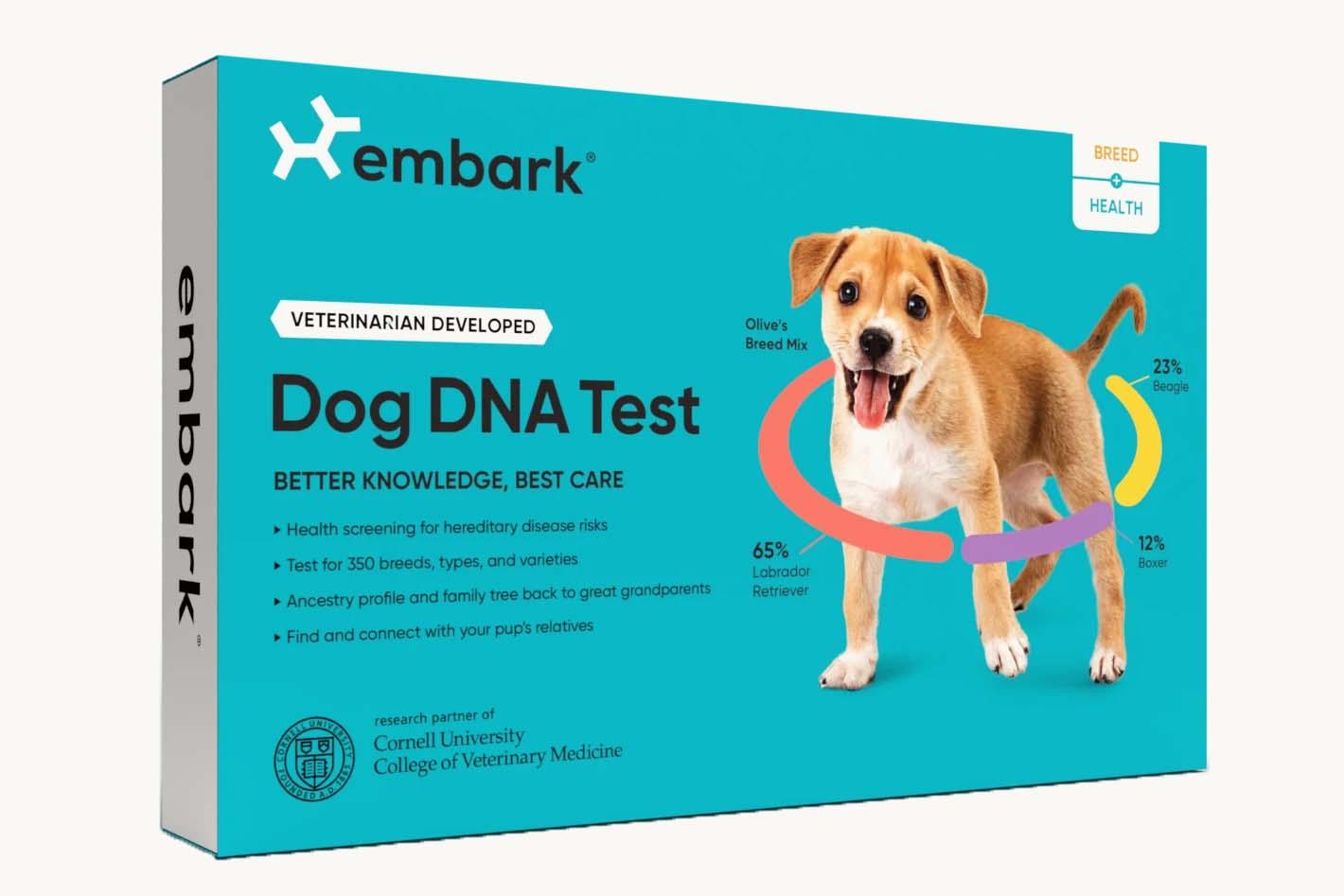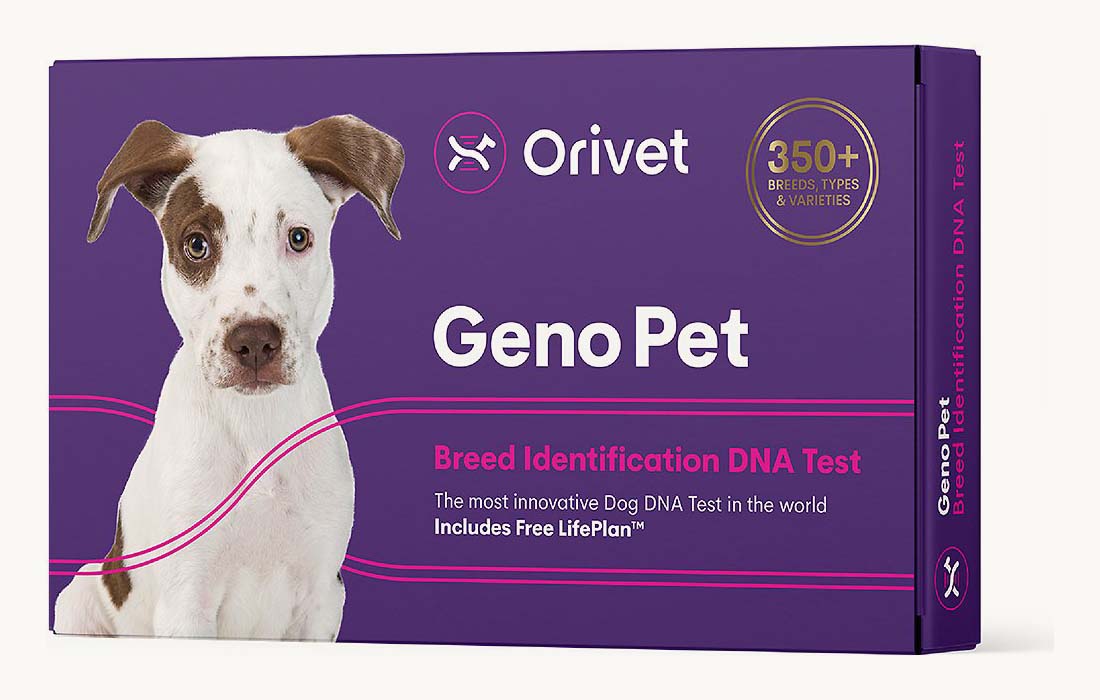| Author | Reviewed by ✅ |
|---|---|
| Shaun Chambers Consumer Healthcare Contributor, We Heart Shaun Chambers is a knowledgeable consumer healthcare expert, contributing to publications with valuable insights into health trends, wellness products, and patient care. With a dedication to helping readers make informed health choices, Shaun combines years of industry experience with a strong understanding of evolving consumer needs. His articles focus on actionable advice, innovative developments, and the latest research in the healthcare sector. | James Davidson Editor in Chief/Founder, We Heart James Davidson is the Founder and Editor-in-Chief of We Heart, a leading lifestyle platform he has helmed for nearly 17 years. He has collaborated with top brands such as Audi, Veuve Clicquot, Samsung, and Google. Under his guidance, We Heart has grown from a niche magazine to a widely respected authority on all areas of lifestyle. With a background as a freelance travel writer, James brings a wealth of experience to his editorial work. |
| 1 |
|---|
| Editorial Note: This post contains affiliate links. While We Heart may earn a commission from selected partner links on the website, this does not affect our editors' opinions or evaluations. All posts are reviewed by editors prior to publication to ensure quality and integrity. |
Disclaimer: This post contains affiliate links and we will be compensated if you purchase having clicked on them.
There is a reason that dogs are known as man’s best friends. They are loyal, loving and provide companionship for the entire family. They are also brilliant, fun to train, and add hours of enjoyment and enrichment for everyone they encounter.
It is estimated that dogs were first domesticated nearly 40,000 years ago, becoming valued members of our ancestor’s tribes. They would help us hunt, keep us warm at night, and protect our livestock from predators. These earliest canine family members were direct descendants of the wild wolves, but much has changed since then. If you look at most dog breeds, you would probably never think that they have any wolf DNA in their blood.
Throughout the years, different attributes have been bred into different dogs. The dogs that we are familiar with today contain breed compositions from many other dogs, giving Basset Hounds their distinctive short legs and long ears and characterises Greyhounds’ stealthy, sinewy bodies.
This inter-breeding of dogs has also given them unique health risks, causing them to have specific genetic health conditions unique to each breed. Some dogs are more prone to having joint conditions, and others suffer from specific diseases.
It was tough to determine if your pet was predisposed to any conditions until recently. It was exceptionally challenging to prevent your dogs from getting sick. Fortunately, dog DNA testing has become increasingly popular, allowing owners to find out a vast amount of information about the genetic makeup of their furry friends.
What are the best dog DNA test kits?
Like most dog owners, you are looking to find the best dog DNA tests on the market. Comparing dog DNA tests can be confusing, and the information you are often given can make it challenging to determine which dog DNA testing kit is the best. To make your decision easier, we have taken a look at the three most popular dog DNA kits and have evaluated each one.
Embark dog DNA test

The Embark dog DNA test is one of the most popular dog DNA tests available on the market. This test aims to provide valuable information about your dogs’ family tree, health risks, dog breed mix, and potential genetic diseases.
This breed health kit is available in two DNA test types: Embark’s Breed Identification Kit and Breed and Health Kit.
Embark’s Breed Identification Kit
This DNA test provides dog owners with information on their dog’s breed. It is perfect for those who own mixed breed dogs and would like to know more about their pet’s family tree.
The Breed Identification test kit sells for a cost of $129
Breed and Health Kit
Breed and Health Kit is Embark’s more comprehensive kit and retails for $149. When dog owners purchase this DNA test, they will get information on their dog’s breed and be provided with extensive information about their dog’s DNA.
This combination breed health kit gives both breed results, is an excellent canine relative finder, and provides data on crucial genetic markers for your pet.
Why choose Embark?
Whether you have a mixed breed pup or purebred dog, the Embark canine DNA test will provide you with valuable information about the history and health of your dog. This simple cheek swab test kit is accurate and uses 200,000 genetic markers to check for over 350 dog breeds and 200 genetic health conditions.
Embark is also partnered with Cornell university college of Veterinary Medicine. You have the unique option of having your dog’s DNA test results used in their research for canine genetic diseases.
This dog DNA testing is exact and boasts an accuracy rate of between 95-99%. They also have a special donation program that helps dogs across the United States and Nepal.
Wisdom panel premium

Wisdom panel is another highly rated DNA test that can help determine your dog’s breed mix, personality traits and provides complete genetic testing. Wisdom panel premium retails at $159.99 and provides pet parents with essential information about their dog DNA.
Wisdom panel results are divided into three separate categories; potential health risks, family tree, and physical traits.
Why choose the Wisdom panel?
As with human DNA tests, the Wisdom panel canine DNA tests require a DNA sample to test your dog’s results against the results of other dogs. It helps determine if your dog is a mixed breed, their breed breakdown, and information about their great grandparents. It is also one of the best dog DNA tests available to determine the health risks for your pet.
The Wisdom panel details over 180 different medical complications and carrier status information. It can also show the dog breeds present in your pet and trace their family tree back three generations.
This dog DNA test kit provides valuable information about the health and ancestry of your dog and is recognised by the American Kennel Club.
Orivet

Orivet is a DNA testing kit that tests your dog’s DNA to determine your dog’s breed and health risks. It is recognised by the American Kennel Club and is one of the best dog DNA tests on the market. This DNA test screens for over 350 breeds and identifies over 200 diseases and traits.
Why choose Orivet?
One of Orivet’s most significant advantages is that this dog DNA test kit is very affordable combined with others. It retails for $99.95, making it a very affordable way to DNA my dog.
You receive a personalised wellness plan and all other standard dog DNA test results when you choose this dog DNA test. Results are sent via e-mail and usually arrive within three to four weeks.
What is a dog DNA test?
Dog DNA tests are a relatively new product available to pet parents. Many pets are purchased from a purebred dogs breeder; however, adopting dogs is becoming a much more popular option.
When dogs are adopted, it can be challenging to know their history, family tree, and the dog’s genetic makeup. It is also challenging to know if the dog’s DNA may cause potential health risks.
A canine DNA test kit provides a significant amount of crucial information about your dog’s breed makeup, the dog’s health, and the health risks that they could encounter in their lifetime. A reputable dog DNA test will provide detailed information about your dog, such as:
Ancestry and breed mix
If you are curious about the exact breed composition of your dog, a DNA test kit will help you find the answers you are looking for. It can show you your dog’s family tree information, often going back as far as three generations.
A good understanding of your pet’s breed breakdown will provide insight into potential health concerns and the typical behaviour patterns for those breeds. The test kit can also help determine if your dog is purebred.
Food allergies and sensitivities
Many dogs have food allergies and/or food sensitivities. These can cause a whole range of different health concerns, from digestive problems to skin irritations. A dog DNA test can determine if your four-legged friend has intolerances to over 100 different factors, including foods and environmental allergens.
By knowing what substances your pet is allergic to, you can make appropriate changes to their diet and minimise their environmental triggers to ensure they remain in the best health possible.
Weight recommendations
Depending on the breed mix of your pet, there will be specific weight recommendations to keep your dog within a healthy weight range. A dog DNA test can help you determine your dog’s adult weight prediction and the proper weight recommendation for them when they are fully grown.
Diet recommendations
Many dog DNA tests provide information on your dog’s nutritional requirements, thus giving you valuable insight into what you should feed your pet. It can also tell you if any nutritional supplements would be helpful to maintain the excellent health of your dogs, such as bone, joint, or skin, and coat vitamins.
Health and Genetic diseases
Certain breeds of dogs have genetic mutations that make them susceptible to a wide variety of different health risks. Many DNA testing kits can identify these genetic markers and detect up to 150 different diseases that your dog may be at risk of developing.
Your dog’s unique personality traits
Every dog has a unique personality, but certain traits are specific to particular breeds. When you use a dog DNA test, you can obtain a detailed understanding of your pet’s temperament and what drives them to behave the way they do.
This information can be beneficial when training your dog or undergoing behavioral therapy.
Your pet’s biological age
Your dog’s chronological age is how old they are based on when they were born. The biological age refers to how healthy your dog’s body is. A DNA test can help you determine what this biological age is and allows you to help keep your dog healthy and slow down its ageing process.
How do you perform a dog DNA test?
Dog DNA tests are straightforward to do, but they can be intimidating. Fortunately, all reputable test kits come with easy-to-follow, step-by-step instructions that will make finding out your dog’s DNA test results an easy process.
You will need to collect a sample to determine your dog’s ancestry and genetics. Your kit will come with an ancestry test tube and a cotton swab. Open the package and remove the swab from the tube.
When your dog is calm and relaxed, gently rub the swab inside the dog’s cheek and underneath its tongue for approximately sixty seconds to obtain the best sample possible. When finished, carefully place the cotton swab back inside the test tube. If your dog is anxious, have a second person present to help pet them and keep them calm during the process.
Next, you will need to send your dog’s DNA sample to the lab for testing. Package up your sample and all other required material and take it to your nearest post office. Most test kits provide a pre-paid return envelope.
Some DNA kits require you to sign up online and complete a questionnaire before sending your sample.
What to look for in a dog DNA test
When selecting a breed identification test, there are certain things that you should look for. You want to ensure that you are getting the most for your money by finding out as much information as you can about your furry family member.
Size of the database
When selecting a DNA test for your dog, you want to ensure the database your chosen company is using is as large as possible. You want to ensure that the number of dogs recognised is high to ensure proper health screening for your dog’s health. Using the world’s largest breed database will ensure that you find as much information about your dog’s makeup as possible.
Price
As pet owners, it is essential to find out as much information as possible about our animals without going over budget. The dog DNA kit you choose should be priced according to the information you are obtaining. Compare prices among different tests to determine which ones are of the most value for the money you will spend.
What factors does the test kit checks for
Ideally, your dog test should check for as many different factors as possible. An exemplary DNA test will show:
– Your dog’s breed composition
– Your pet’s great grandparents
– Whether your dog is a rare breed
– Your dog’s physical traits
– Complete health screening
– Any veterinary medicine considerations
Should I DNA my dog?
Dog DNA tests are increasing in popularity among dog owners, and for a good reason. DNA tests help determine your dog’s genetic makeup, ancestry, and great-grandparents.
Plus, these breed health kits can also look at your dog’s results and help you determine any health risks that they may be predisposed for.
When asking the question “should I DNA my dog,” pet owners everywhere are answering with a resounding “yes!”








